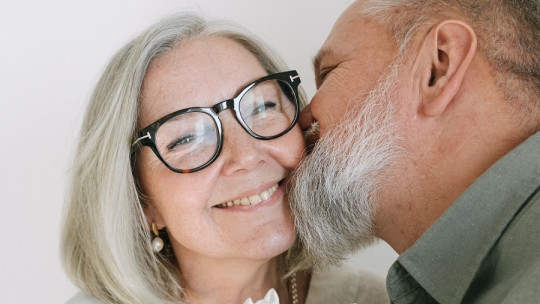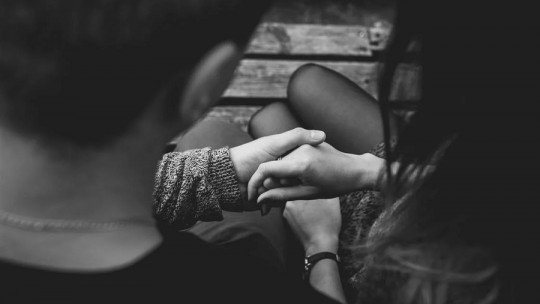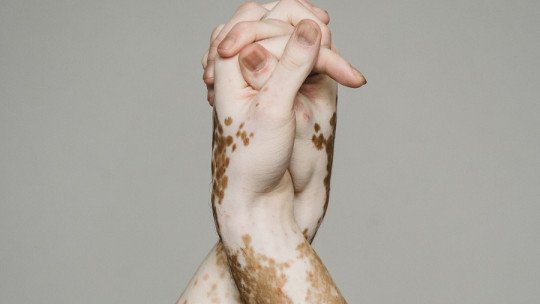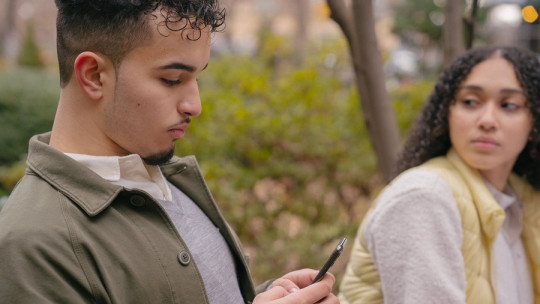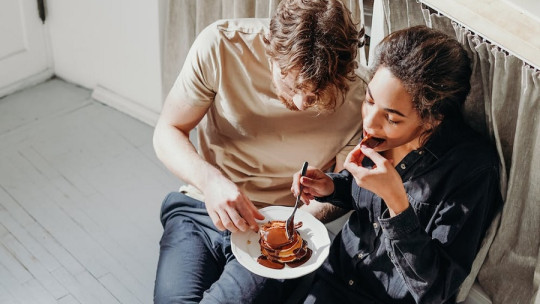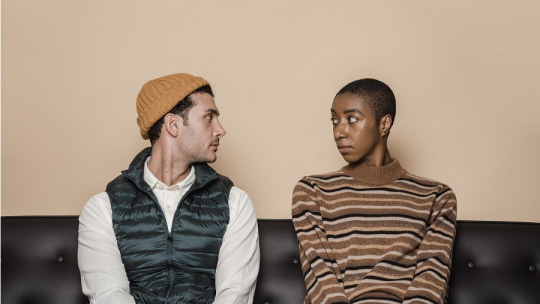And suddenly, you realize that you have trouble sleeping, you don’t feel like eating, you feel like your heart and stomach are racing when you think about that person or meet them. Could it be that I’m falling in love?
The curious thing is that Falling in love, like loving, also affects our body , our body changes from cells to organs, including the brain. The first time I heard this when I was very young I was surprised; It makes perfect sense today, especially when there is more and more research on how our physical health is altered by our emotions and the way we deal with them (or not).
But what really happens in the brain when we fall in love or there is already a feeling of love?
The effects of love on the brain
Neuroscientist Stephanie Cacioppo literally says that “love blooms in the brain” and that it really is a biological need as necessary for our well-being as exercise, water and food In this sense, more than twenty years of research show that the intense romantic love at the beginning of a relationship activates the reward system in the brain.
Through tests such as functional magnetic resonance imaging, it was studied which areas were activated in the brain while the participants saw photos of their loved one interspersed with a photo of another family member. When they saw photographs of the person they loved, the part of the brain related to basic needs was activated, the same part that is activated when we are hungry or thirsty.
Along the same lines, other studies demonstrate the activation of the area of the brain where pleasure is “registered”, called the brain’s reward circuit, which lit up only when talking about the loved person and they found up to twelve areas of the brain that release chemicals related to feeling good such as dopamine, adrenaline or oxytocin.
Let’s be aware of how incredible our body is
The millions of processes that it carries out at the same time and the way in which it supports so many parallel processes, which – without a doubt – are altered by our way of feeling and being at different moments in our lives.
In this sense, attachment, the healthy need to be linked to other people is also related to the changes in the amount of certain hormones in the body, as well as with areas of the brain such as the limbic area, the frontal area and the basal ganglia. And this happens not only with our attachment to people, but with our pets as well; There are studies that relate the change in different hormones not only in the person but in their pet.
Let’s not forget that we are emotional beings
Robert Neuburger, psychiatrist, psychoanalyst, couples and family therapist, said in an interview that what gives a baby the feeling of existing is not the fact of being alive, but rather through the gaze of its parents or another stable person who takes care of him and who transmits a whole series of things to him because, after all, relationships are the essential element for the feeling of existing. It is precisely from the moment we are born that we shape what we perceive, what happens and how our significant beings ‘handle’ it, how others relate not only to us but to each other and the way in which these ways of proceeding and Feelings shape us in what we think about ourselves and the world.
We all have attachment desires, unmet needs in our childhood that have remained “empty” and we continue looking for how to fill them , because it is difficult to give up what we have never had. And we continue to want, deep inside, and we continue to search in all our relationships (and more specifically in relationships) to be recognized, to know that we are important; We need to be certain that the other person will be there for us no matter what happens. If there is no trust, there is no delivery. Like existence, love is also built with each gesture, with each word, with each act, day after day, throughout a common history of connections and disconnections.
The important thing is not not to disconnect, all couples do it in moments of our journey together, the important thing is to recognize each other in that disconnection, wanting to do something to reconnect and “return home”.

